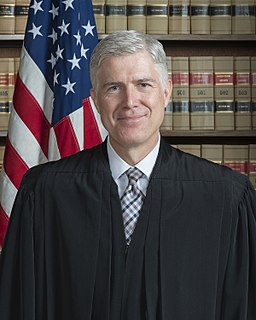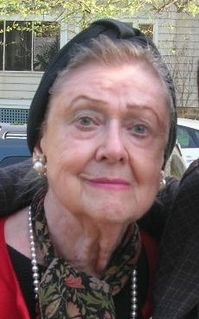A Quote by Ezekiel Emanuel
Patients who are being kept alive by technology and want to end their lives already have a recognized constitutional right to stop any and all medical interventions, from respirators to antibiotics. They do not need physician-assisted suicide or euthanasia.
Related Quotes
By establishing a social policy that keeps physician-assisted suicide and euthanasia illegal but recognizes exceptions, we would adopt the correct moral view: the onus of proving that everything had been tried and that the motivation and rationale were convincing would rest on those who wanted to end a life.
What's important is that people give the kinds of reasons that can be understood and appraised apart from their particular comprehensive doctrines: for example, that they argue against physician-assisted suicide not just by speculating about God's wrath or the afterlife, but by talking about what they see as assisted suicide's potential injustices.
In medical school, students are immersed in the realm of medical ethics. It's where new doctors study, learn right and wrong, ask tough questions, and discuss things like end of life care, genetic testing, and patients' rights. In lots of ways, it's the most important part of being a compassionate and competent doctor.
In legal parlance, that is called 'the rational person test,' ... That's where somebody else says, 'Even though we have no idea what this person would want in this circumstance in which they cannot themselves tell us what they want, a 'rational' person - meaning, myself - in that circumstance would want to die.' So you move very quickly from so-called voluntary euthanasia to involuntary euthanasia. These legal and medical developments are not simply hypothetical They're in the courts right now.
First of all, in principle, I'm against physician-assisted suicide, and secondly, I believe it is the prerogative of the federal government to control drug rules. And the idea of using a controlled substance to end somebody's life is something I don't agree with. I can see the idea of using controlled substances to ease somebody's pain. That makes sense.
But for me, a physician, chief medical correspondent for a major network, and women's health expert, the thought of exposing myself to millions of people as someone who'd been completely blindsided by the suicide of my children's father, and by the impact of that suicide on Alex and Chloe and me, was nothing short of terrifying.
The difference between a non-suicide and an ex-suicide leaving the house for work, at eight o'clock on an ordinary morning: The non-suicide is a little traveling suck of care, sucking care with him from the past and being sucked toward care in the future. His breath is high in his chest. The ex-suicide opens his front door, sits down on the steps, and laughs. Since he has the option of being dead, he has nothing to lose by being alive. It is good to be alive. He goes to work because he doesn't have to.


































